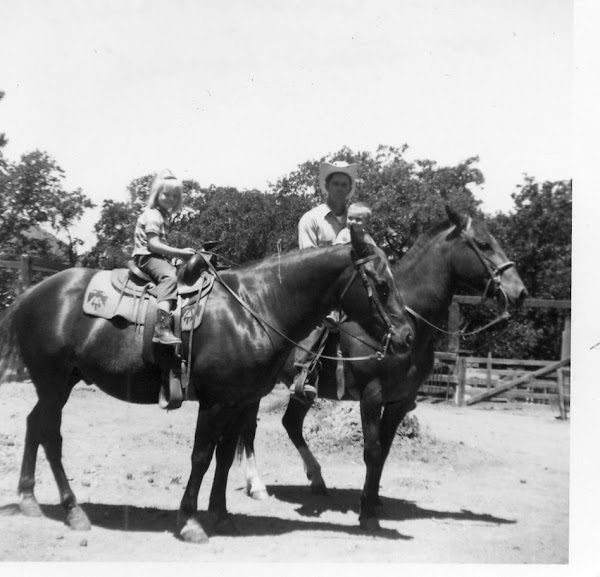Here in the West it is Fire Season. Not nearly as much fun as Holiday Season, I'm sure you will agree. But since we have a few more months of serious drought and severe fire danger, I thought maybe you all would like to know how you can begin to prepare your barn and livestock for a disaster. Remember, the time to formulate a disaster plan isn't the first hour of the event.
1. Make a plan. Now I mean REALLY think about it. Think about how many animals you have to account for. How many can you move right away? How long will it take you to hook up your trailer? How much food can you throw on the truck? Do you have cages,crates,boxes for your dogs cats,chickens and rabbits? Who is available to help you? Important to remember- the Fire Crews care about your safe removal from an evacuated area, they can't worry about loss of animals as well. IF YOU THINK YOU MIGHT BE EVACUATED START RIGHT AWAY. Better to be loaded and gone, able to return, than not loaded and gone and burned up in the process.
HINT: Put small bags of pet food and a bottle of water (and any meds your pet might need) in each crate or cage you will be using. Store them in an area where you can get to them right away.( NOT behind the shed, under the old fencing materials etc.) Add those noose type leashes to the crates as well in case you need to lead them somewhere in a hurry.
2. Talk to your friends and have a place to go OUTSIDE your general neighborhood. You may not have to stay long,but it is a good to have a safe haven for everyone. Hotels might take a dog, but not usually chickens, goats etc.
HINT: Talk to your County Animal Control or Sheriff - find out if they have Sheltering sites listed. If they have a disaster plan, they will be able to get you in touch with volunteers during an event. Contact them now to see how they are able to help, or you are able to help them.
3. Try to make your home or ranch a defensible position. ( It is not always possible) That means that should a fire or flood sweep the area and you couldn't get out, you could defend your home with limited resources. It is a good idea to have graveled driveways, cut the brush away from fences, mow or plow burn strips between roads and houses. Remove trash, old wood, dead trees etc. Have hoses at the spigots. Have good rakes and shovels close at hand.
HINT: Try to get your neighbors to work in tandem with you in this, a bigger swatch of defensible ground is always better.
4. Clean up your barn on a regular basis. No one likes sweeping the spider webs from the rafters, or walls of the stables, but spider webs trap grass, hay and flammable materials. Once lit, they can set a barn ablaze in no time. Make that unpleasant job a top priority. Have working fire extinguishers at the barn door and mark the area so anyone could find and use them. It seems silly to even mention this - but don't store flammables in your stable area. Motors with diesel fuel,gas cans, paint cans, paint thinner, and anything that is a fire hazard should be stored in a separate area.
5. Mark your dogs collars, your horses halters and your crates and cages with your name, and a phone number. If you are feeling froggy- take a picture of your animal and tape it to the side, the bars, inside your trailer doors or anywhere you think you could access it easily. It might be the way someone IDs your pet or livestock if you aren't home during the event. Disasters don't always happen on the weekends when we are home!
HINT: Dog tags can be engraved with a phone number and attached to a horses halter or crate wire too.
So there are FIVE do-able things to help you prepare for a disaster. It will only take you a little time out of your day to do any of these things, and it might save the life of your animals.
8 years ago

















